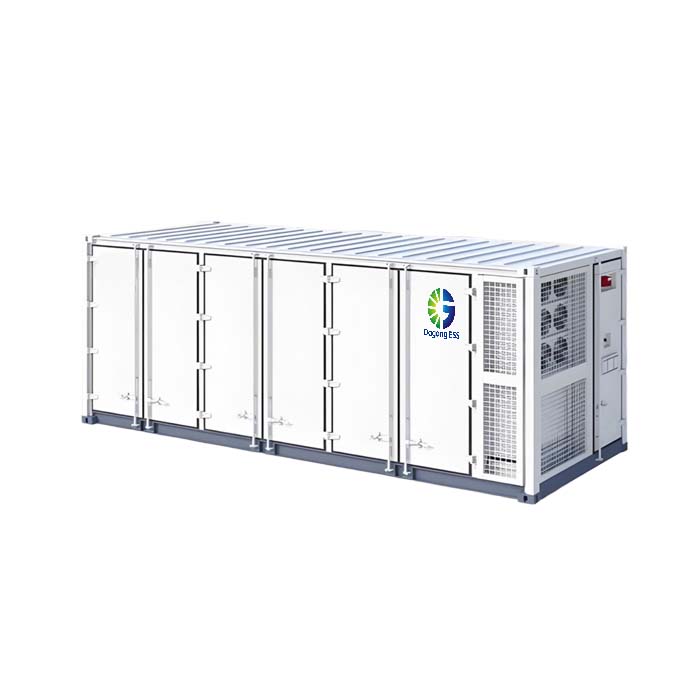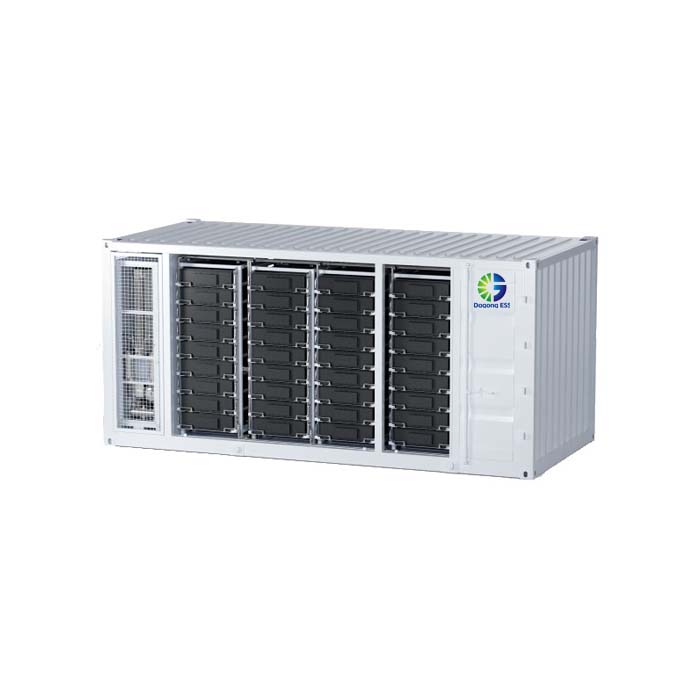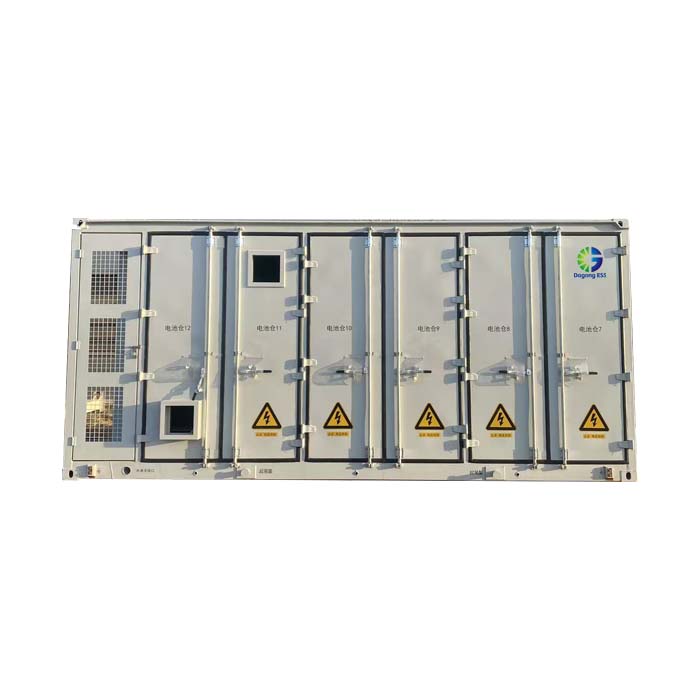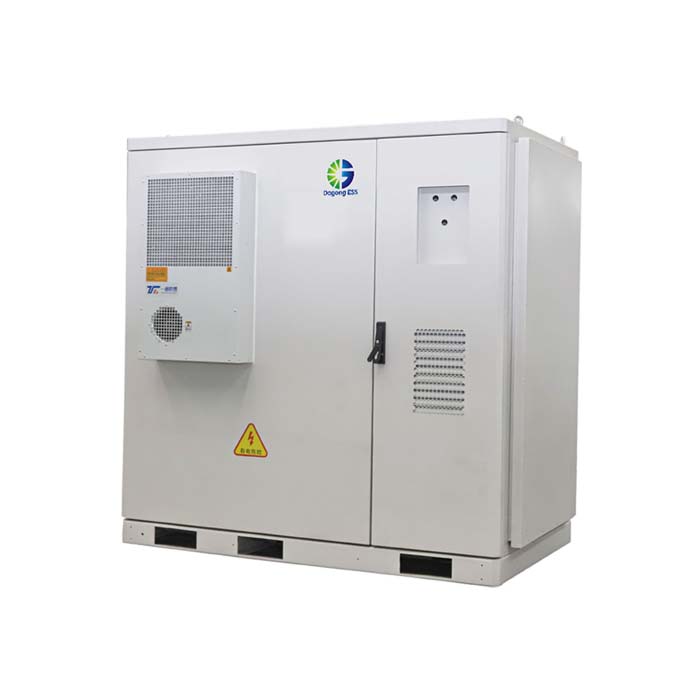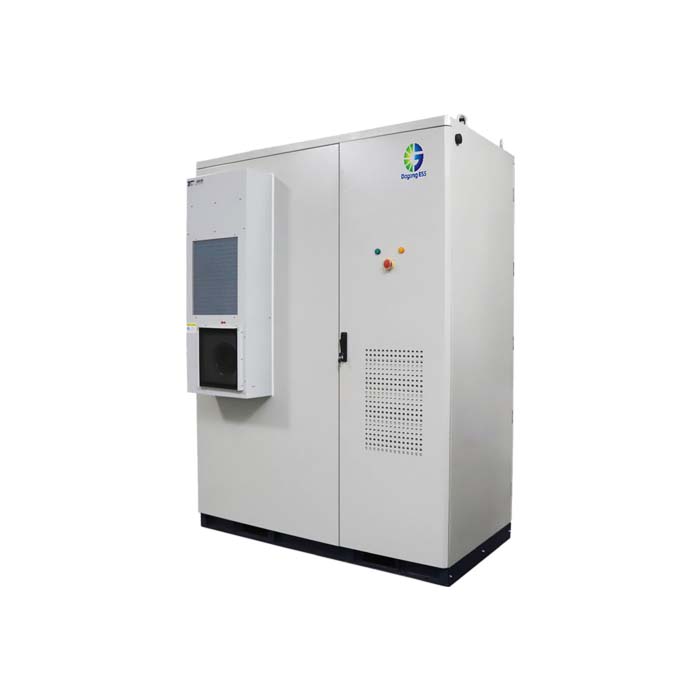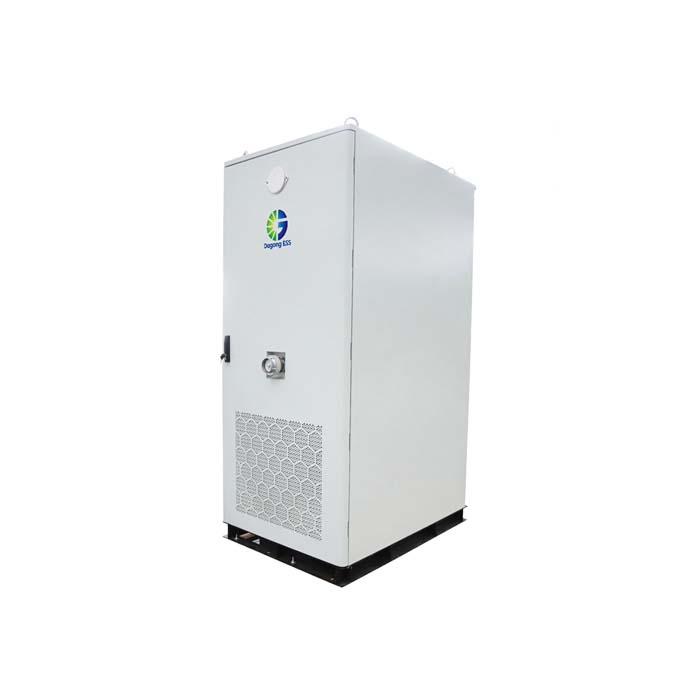Top 5 Benefits of Installing a Residential ESS for Solar Households
What is Residential ESS?
A Residential Energy Storage System (ESS) is a home battery that stores electricity for later use. Typically paired with rooftop solar, residential ESS enables homeowners to capture excess solar power and consume it when sunlight is unavailable. This improves solar utilization and reduces grid reliance.
By 2025, the demand for residential ESS is rapidly increasing. Rising electricity costs, renewable energy incentives, and extreme weather events are pushing more households to adopt reliable backup systems.
Types of Residential ESS
Wall-Mounted Systems (5–10kWh): Ideal for small apartments or homes with limited space.
Stackable Modular Units (5–80kWh): Scalable solutions where additional modules can be added as needed.
Rack Battery Cabinets (5–30kWh): Robust, cost-effective systems for medium to large households.
Features of Residential ESS
Long Lifespan: LFP batteries with up to 8,000 cycles.
Smart Monitoring: Mobile app integration for real-time tracking.
Safety Certifications: International compliance such as CE, UN38.3, and MSDS.
Hybrid Inverter Integration: Direct compatibility with solar PV and the grid.
Applications of Residential ESS
Emergency Backup: Keeps lights and appliances running during outages.
Solar Optimization: Stores surplus energy for nighttime use.
Bill Reduction: Shifts energy use away from peak grid tariffs.
EV Charging Support: Powers electric vehicles with stored solar electricity.
Carbon Reduction: Helps households achieve sustainability goals.
Price of Residential ESS
The cost of energy storage systems for renewable energy integration depends on several factors, including system capacity, storage duration, battery type, control software, installation conditions, and auxiliary equipment.
Pricing is usually quoted under international trade terms such as EXW, FOB, or CIF, depending on project location and logistics preferences.
For a tailored quotation based on your specific project needs, it's best to consult directly with the supplier.
How to Select Residential ESS for Your Project?
Evaluate daily electricity consumption and backup needs.
Choose a system that fits available installation space.
Opt for modular designs if you anticipate higher future demand.
Ensure compatibility with your solar inverter and home energy system.
Review warranty terms and after-sales support.
How Long Does Residential ESS Last?
Most residential ESS last 10–15 years with proper maintenance. Systems rated for 6,000+ cycles allow daily usage for over a decade, making them cost-effective long-term investments.
The Supplier of Residential ESS
Dagong ESS offer solutions such as 10kWh wall-mounted batteries and 80kWh modular ESS units. For example, Dagong ESS design flexible systems with certified safety standards, making them suitable for residential solar households globally.


